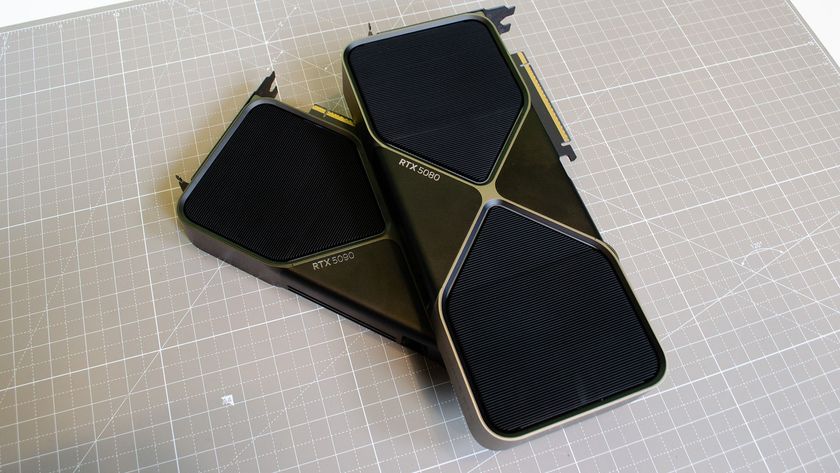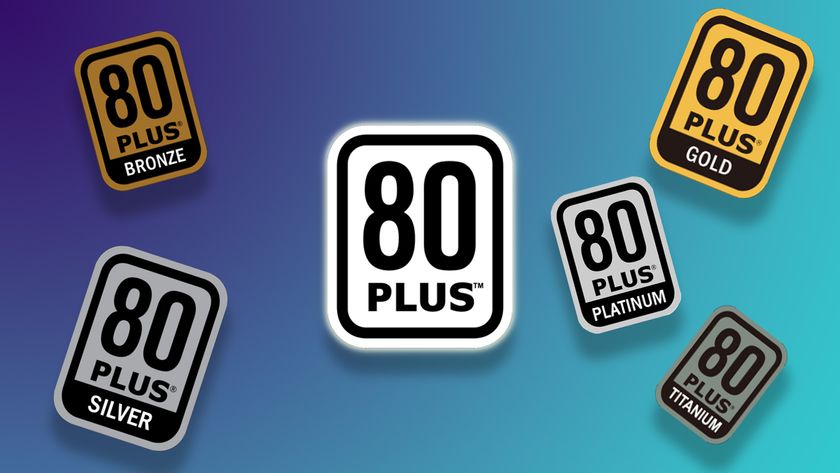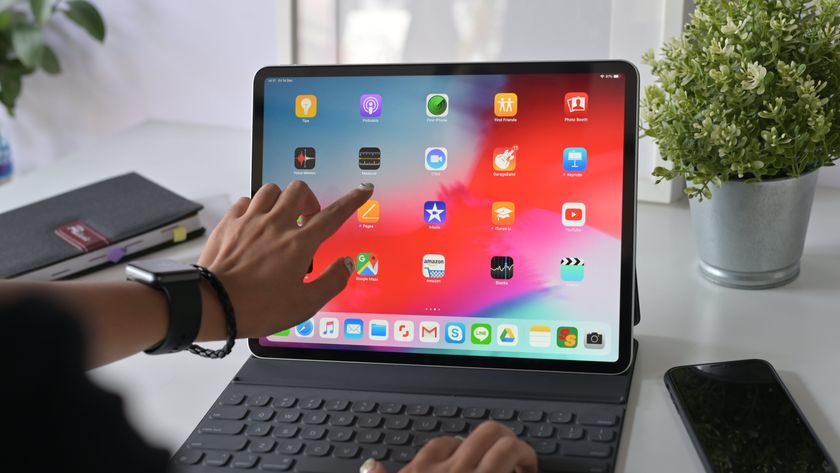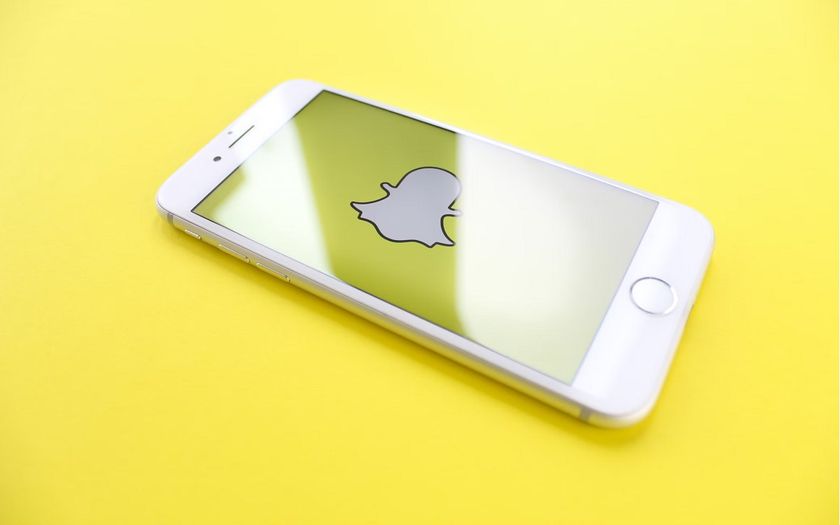How to avoid mobile roaming charges: stop those scary holiday phone bills
Easy ways to dodge exorbitant charges while travelling abroad
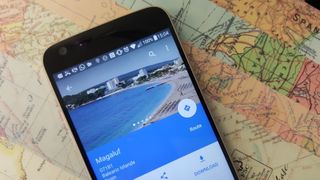
Anyone who's ever made a mobile phone call while abroad will know how annoying roaming charges can be. While making phone calls can be expensive, using the Internet or sending a picture message can be excruciatingly expensive.
In Europe, the picture is rosy – unless you're from the UK. After a decade-long campaign haranguing mobile operators to reduce roaming charges in an effort to create a 'digital single market', the European Union is about to ban them completely from June 2017.
EU citizens will be able to call, send SMS or surf on their mobile at the same price they pay at home, but the UK's decision to leave the EU in 2019 means that the legislation will not apply to its people. So how can you stop paying those extra fees for making and receiving phone calls, and using the internet, when you're abroad? These tips will help soothe those shock holiday phone bill blues.

Rely on Wi-Fi hotspots
The easiest way to dodge any charges is to switch-off data roaming and rely solely on Wi-Fi. If you're happy to browse the web and use Skype or WhatsApp for phone calls mainly at your hotel, make sure it has a decent service by checking Hotel WiFi Test.
Restaurants often also have free WiFi (which explains the permanent crowd of tourists standing outside Starbucks and McDonald's wherever you travel to) and city-wide Wi-Fi is becoming increasingly common, but there are scores of apps that help you find free Wi-Fi hotspots. Most let you search for spots around your location using GPS, such as Wiffinity and WiFiMapper, while the WiFi Map and WiFi Magic have crowdsourced passwords for public Wi-Fi networks to save you time. Relying on Wi-Fi is not the hardship it used to be.
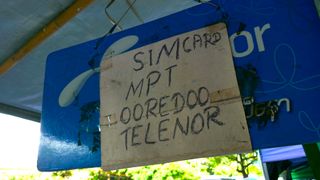
Buy a local SIM card
Brits shouldn't fret too much; the EU was never going to do anything about worldwide roaming charges, so if you're going anywhere long haul for any period of time, buying a local SIM card is almost always the cheapest way to use your phone overseas.
SIM cards are now so cheap and widely available in kiosks, electronics shops and even vending machines that even if you're going to be somewhere for just a day or so, it can make financial sense.
However, it depends on the country; in some places you need to have a local resident ID to get a SIM card. Just make sure you buy the correctly sized SIM for your phone, that it covers data as well as voice, and if there's a data limit, to use Wi-Fi when you can to reduce the chance of the SIM running out of credit. The only disadvantage to buying a local SIM card is that you obviously get a new phone number.

Get an international 'travel SIM'
Picking-up a local SIM isn't an option if you're on a whistle-stop tour, or on short business trips. Cue Truphone, a global mobile network of hubs whose SIM lets you access low rates; 6p per MB of data, text or call minutes in the UK, US, Netherlands, Australia, Spain, Germany, Poland or Hong Kong.
If you work regularly in two of those countries, it could make sense. It also lets you add up to two phone numbers to your SIM, either from the UK, or from the US, so that two people can call you at their local home rate. It's also just announced international data plans for iPads, something rivals GigSky and AlwaysOnline Wireless also offer. There are also services like WorldSIM that let you access 4G, and pay-as-you-go. Cellhire's MiFi & data SIM card bundles are also worth considering; the former create a WiFi hotpot that the entire family/colleagues can access.

Find a plan that allows international roaming
If you travel semi-regularly, but not enough to consider getting an international SIM card, it makes sense to find a SIM that suits your data habits both at home and abroad. They're not exactly common, but there are good options from Three, Vodafone and EE. For example, Three's Feel At Home service is available both as a pay monthly plan and as a prepaid SIM.
All data charges, plus calls and texts to UK numbers, comes out of your allowance. It works in 42 countries, including most of Europe, the US, Australia, Hong Kong and Sri Lanka.
In the US most of the operators offer roaming in Canada and Mexico, with Sprint adding several countries in South America and T-Mobile allowing 2G data use and texts anywhere in the world. AT&T's International Day Pass lets you use your agreed allowance anywhere for an extra US$10 per day. However, you will need an unlocked phone on the GSM network for most countries.

Get a satellite phone
Are the world's 4G networks not good enough for you? If you're going somewhere remote – a desert, a mountain, or far out to sea – a mobile phone ceases to be of any use.
Cue a satellite phone, which talks to constellations of satellites in low-Earth orbits owned by Globalstar or Iridium. However, coverage differs; Globalstar phones won't work in Africa and Asia, while Iridium handsets promise global coverage. InmarSat uses far-off geosynchronous satellites, which cover everything but the north and south poles, but expect a time delay when using a handset like the Inmarsat IsatPhone Pro – it's talking to satellites that are over 22,000 miles from Earth.
These networks also sell Sat-Fi, satellite hot spots that allow up to eight adventurers/fishermen/remote workers to make and receive voice calls and email using an app on their own smartphone, tablet or laptop. Note that it's 'email' not 'surf the web' … Sat-Fi isn't much fun and nor, frankly, are sat phones, but they're your only option if you're heading up-country.

Stay in a hotel with a Handy
If you're paying good money for a hotel room, shouldn't it come with free data and calls? That's the thinking behind Handy, a complimentary phone that allows guests free internet access anywhere within the city they're staying in, and free national and even international calls.
Already used in 100,000 rooms in hotels including the Ritz-Carlton, Intercontinental and Sheraton in 20 global cities, Handy is an Android phone that allows you to log-in to the usual apps – Instagram, Facebook, etc. – and basically use it like you would your own phone. When you check-out, the entire phone is automatically blanked of your personal data, logins and phone numbers. Handy also gives you a city guide for wherever you are, sometimes letting you order food or drinks to your room, and generally interact with the hotel services.

Jamie is a freelance tech, travel and space journalist based in the UK. He’s been writing regularly for Techradar since it was launched in 2008 and also writes regularly for Forbes, The Telegraph, the South China Morning Post, Sky & Telescope and the Sky At Night magazine as well as other Future titles T3, Digital Camera World, All About Space and Space.com. He also edits two of his own websites, TravGear.com and WhenIsTheNextEclipse.com that reflect his obsession with travel gear and solar eclipse travel. He is the author of A Stargazing Program For Beginners (Springer, 2015),



